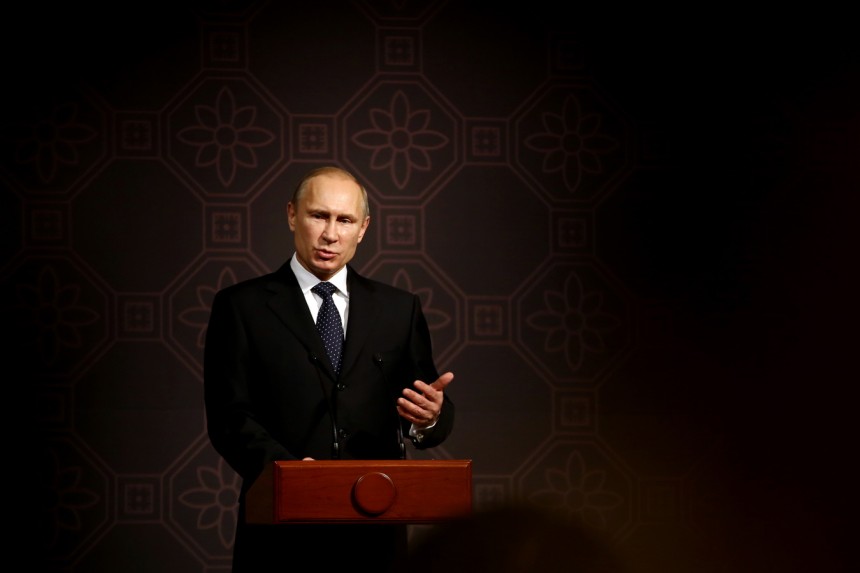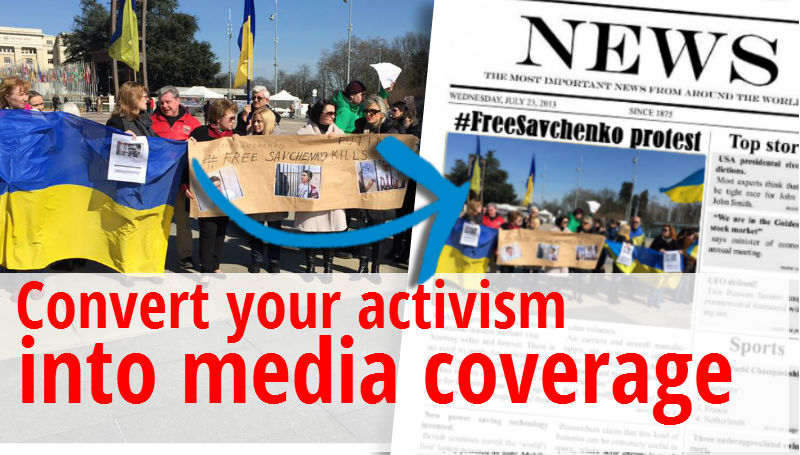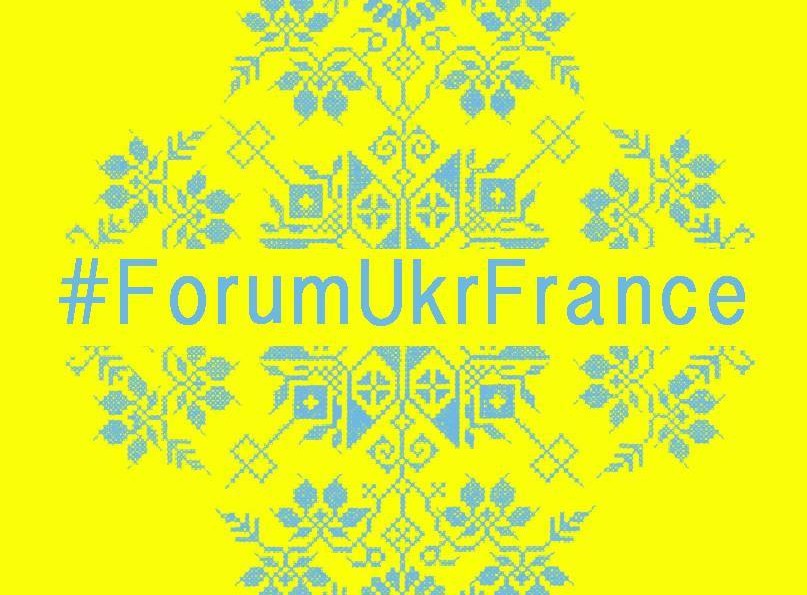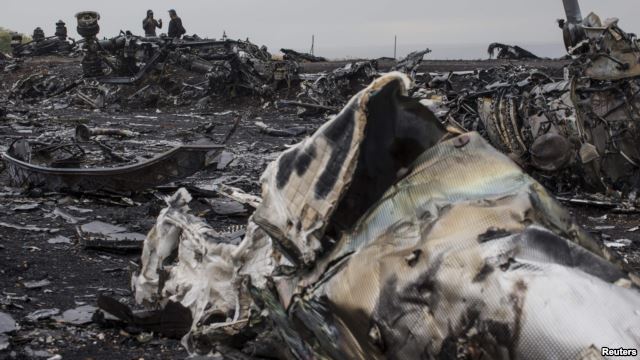Russian President Vladimir Putin has announced that he can send troops to Warsaw, Vilnius and a number of other capitals of the European Union and NATO countries.
His declarations were included in a summary prepared by the EU Foreign Service office for official use, reports European Pravda, September 18, citing the German newspaper Süddeutsche Zeitung, which received the text.
According to the German publication, Putin made his statements to Ukrainian President Petro Poroshenko, who then reported the conversation to the President of the European Commission Jose Manuel Barroso.
"If I wanted to, in two days I could have troops not only in Kyiv, but also in Riga, Vilnius, Tallinn, Warsaw and Bucharest," Putin told Poroshenko.
In addition, according to the German publication, Putin advised the Ukrainian president "not to rely too much on the EU" since if he wished, Putin could "use his influence to block decisions at the European Council."
Perhaps the Kremlin chief was referring to the growing resistance in the Council against new sanctions, the German paper writes. Several EU countries have been reluctant to impose a second round of economic sanctions against Russia. Such decisions require unanimity, and countries such as Slovakia, Bulgaria, Hungary and Cyprus have agreed to the sanctions only reluctantly.
The document also shows that the postponement of the implementation of the free trade section in the EU-Ukraine Association Agreement till January 2016 was in line with agreements reached between Putin and Poroshenko.
Fearing "tens of thousands of deaths," Ukraine had to end the war that Russia had begun, and Putin wanted to block the EU-Ukraine association. For the Russian leader this is perhaps much more important than the fate of Luhansk and Donetsk, Süddeutsche Zeitung writes.
With the ratification of the Association Agreement, the Ukrainian parliament on Tuesday also adopted a special status for the separatist-controlled areas.
Earlier, Putin had said he "could take Kyiv in two weeks."




